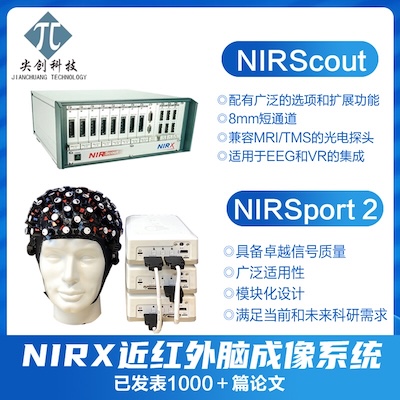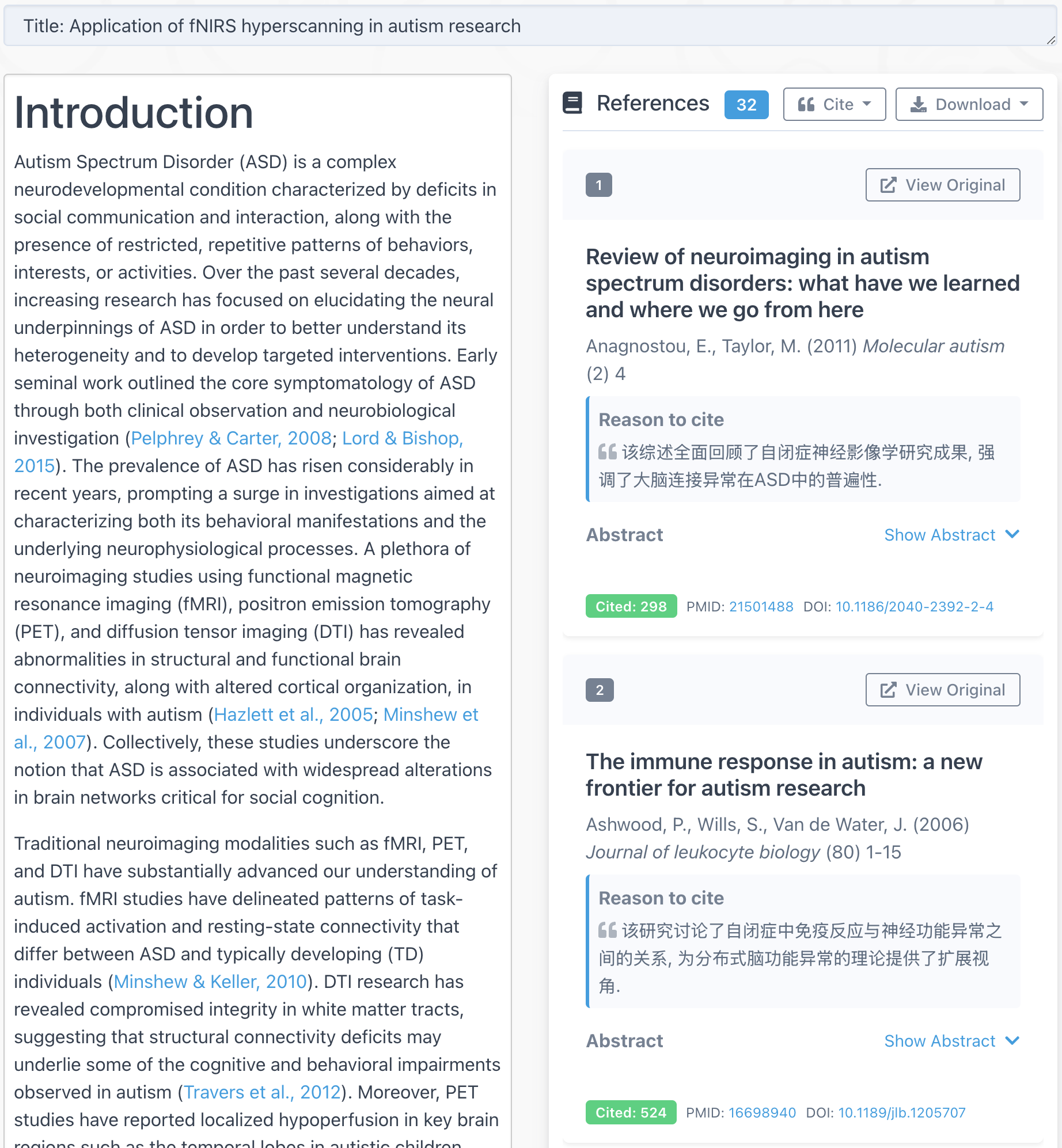This is a guest post by Ning Liu from Stanford University.
—
For someone who has no imaging background and just began to use fNIRS, s/he might be surprised to find out that the imaging study design is so different with study designs in other fields. For instance, task-based imaging studies usually involve bunch of repeated stimuli. This is quite different with what we usually do in a naturalistic environment in our daily life. Why not use just one stimulus? This is due to the difficulty in detecting signal changes against a much stronger background physiological noise. Thus, in order to measure brain actives, one needs to carefully design the experiment and use some clever method to analysis the data.
For task-based study, there are two types of basic design. One is called block-design and the other event-design. It worth noticing that they have something in common — the same stimulus needs to be repeated many times, and the detected signal changes are statistically tested for significance.
Another aspect that beginners usually ignore is the design of control condition. A typical task design usually contains epochs or events of interest along with control epochs or events, such that a cognitive subtraction (for instance) can be performed and resulting in robust and reproducible results.



Hi!
I am a begginer in fNIRs field. Currently, I am doing my bachelors’s thesis with a fnirs equipmet but I do not have a extend knowledge in the field.A fter read bibliogrphy for a while and try some toolbox I think could carry out a preprossing in my fnir signal Althoug, I want to start replicating a simple task.
I though in try a finger tapping with a design block: 180 (s) base line/ 15-20 (s) task/ 30(s) period. T
* I would ask if it is a good design prove to star to familiarize with the fnir preprosessing.
* Do you know papers where replicate a similar experiment to check if my results are correctly.